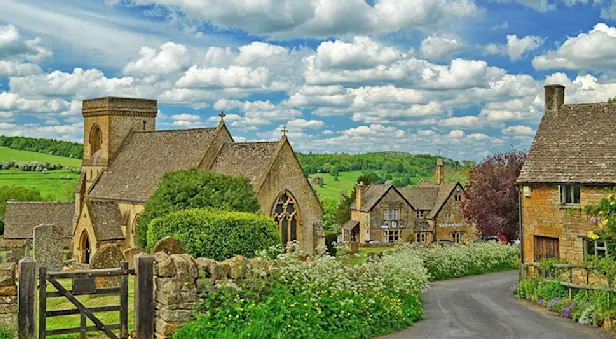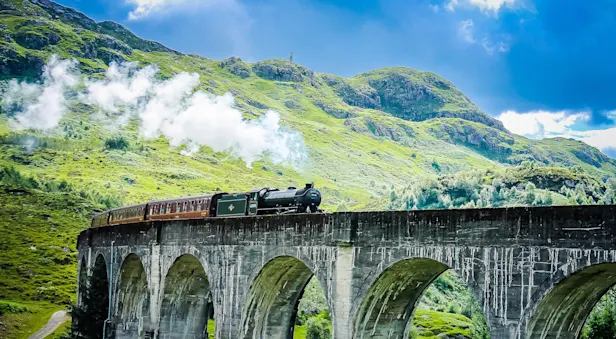WWF Conservation | Protecting the UK’s Chalk Streams
England’s rivers not only help make the British landscape so picturesque and vibrant, they’re also a vital source of fresh water for people, industry, agriculture, recreation, and wildlife. They’ve been crucial for the growth of towns and cities, providing fresh water for drinking and farming, and for businesses and transport over centuries.
Some of our most beautiful rivers are ‘chalk streams’. Their pure, clear, constant water from underground chalk aquifers and springs, flowing across flinty gravel beds, make them perfect sources of clean water—and ideal for lots of wild creatures to breed and thrive.
These chalk streams are unique—there are only about 200 chalk streams in the world, and most of them are in the southern half of England (with a few in France). Which makes them even more special. They are a haven for iconic species like the otter, kingfisher and salmon, which is why we work to protect them.
But a combination of population growth and a spiraling increase in water use have put huge pressure on these rivers and streams. And research shows that a third of the water we take from rivers is wasted. Far too many of these waterways have been overused and undervalued. Drained almost dry in places and polluted in others. Less than a fifth of England’s rivers are healthy, and climate change is putting more pressure on them.
What WWF is Doing
From 2014 to 2017 WWF led the exciting WaterLIFE project with The Rivers Trust and Westcountry Rivers Trust to improve the health of our rivers. WWF produced a wealth of guidance, reports, findings, films, case studies and learnings. To communicate and disseminate these materials, they have built WaterLIFE legacy pages into the website of the Catchment Based Approach. This information guides users to almost 40 downloadable resources across three themed areas: engaging local communities in river health; engaging business in the water environment; and influencing decision-makers and legislation.
WWF want to see healthy rivers, less pollution and thriving wildlife. Importantly, water company customers want to see this too. By 2027, three-quarters of England’s rivers and streams should be healthy. However, WWF has work to do: 13% of our freshwater and wetland species are at risk of extinction, only 20% of water bodies in England and Wales are at ‘good ecological status’, and the water industry is responsible for a quarter of all reasons rivers fail to meet the required health standards.
Over the next several years, water companies in England and Wales will be drawing up their business plans through 2025, as part of the ‘Periodic Review 2019’ (PR19). In the last round of business plans, companies invested £42billion—which is why the business plans introduced in 2020 will play a pivotal role in the stewardship of the environment.
WWF is working as part of The Blueprint for Water to make sure nature is at the heart of these plans—after all, without a healthy water environment, companies would not have a product to sell.
WWF has four priorities that they want to see in the plans:
Protect and restore catchments from source to sea.
Stop pollution from their waters.
Use water wisely and price water fairly.
Keep their rivers flowing and wetlands wet.
Travel to England & Scotland

The Cotswolds: Exploring English Nature
Wander ancient beech forests and wildflower meadows, follow hedgerows and trout-filled streams, tour private gardens and meet artisan food producers, in an idyllic landscape with a focus on native habitats and conservation.

























